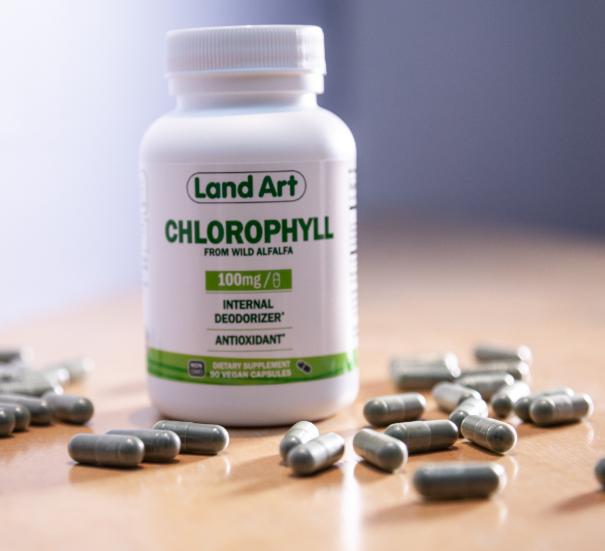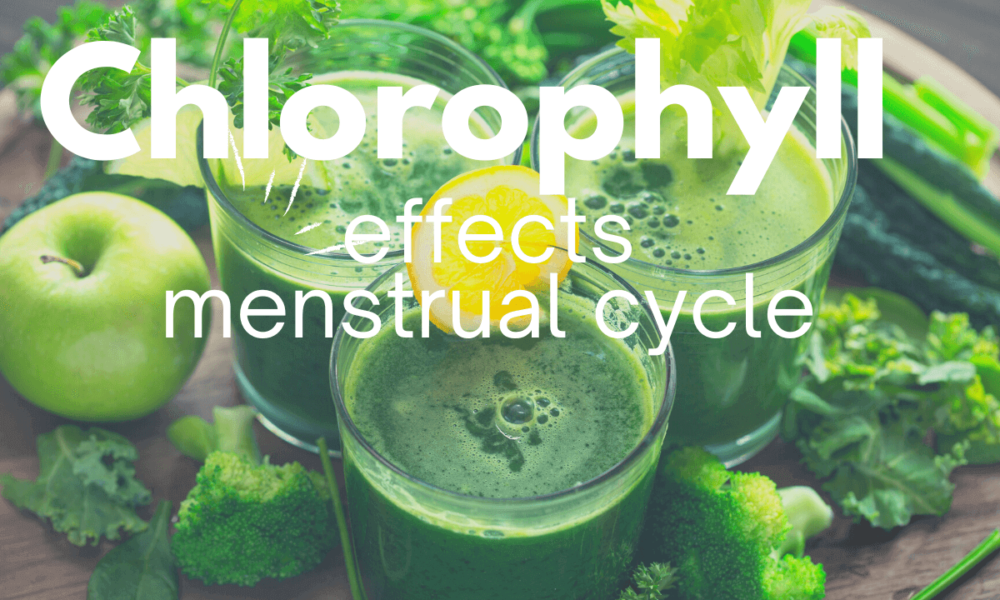Can You Take Chlorophyll At Night

The vibrant green pigment, chlorophyll, celebrated for its role in photosynthesis and lauded as a health supplement, is increasingly finding its way into daily routines. But a simple question echoes amongst health enthusiasts and supplement users: Can you take chlorophyll at night?
The timing of supplement intake can significantly impact its efficacy and potential side effects. While chlorophyll is generally considered safe, understanding whether nighttime consumption is beneficial or detrimental is crucial. This article delves into the science behind chlorophyll, examining its potential effects on sleep, digestion, and overall health when taken before bed, relying on expert opinions and available scientific evidence.
Understanding Chlorophyll and Its Benefits
Chlorophyll is the pigment that gives plants their green color and is essential for photosynthesis, the process by which plants convert light into energy. As a supplement, it's often touted for its antioxidant, anti-inflammatory, and detoxifying properties.
Proponents claim it can improve energy levels, boost the immune system, and even aid in weight loss. These claims are largely based on the observed effects of chlorophyll and its derivatives in preclinical studies.
Antioxidant and Anti-Inflammatory Effects
Research suggests that chlorophyll and its derivatives, such as chlorophyllin, possess antioxidant properties, helping to neutralize free radicals in the body. This can reduce oxidative stress and inflammation, potentially contributing to overall health and disease prevention.
A study published in the Journal of Agricultural and Food Chemistry explored the antioxidant capacity of chlorophyll, suggesting its potential role in protecting cells from damage.
Detoxification and Liver Health
Some studies indicate that chlorophyll may aid in detoxification by binding to toxins and facilitating their removal from the body. It is hypothesized to support liver function, the body's primary detoxification organ.
However, further research is needed to fully understand the mechanisms and efficacy of chlorophyll in detoxification processes.
Chlorophyll at Night: Potential Benefits and Risks
The question of whether to take chlorophyll at night hinges on understanding its potential effects on sleep, digestion, and nutrient absorption. While some anecdotal evidence suggests potential benefits, scientific evidence remains limited.
Consideration of individual sensitivities and pre-existing conditions is paramount when considering any supplement regimen.
Potential Benefits
Some proponents suggest that taking chlorophyll at night could promote better sleep due to its potential anti-inflammatory effects. Reduced inflammation may indirectly contribute to a more restful sleep.
Additionally, the potential detoxification benefits of chlorophyll could support the body's natural overnight repair processes. However, these are largely speculative benefits without robust clinical backing.
Potential Risks
One potential concern is that chlorophyll might stimulate bowel movements, which could disrupt sleep if taken too close to bedtime. Some individuals may experience gastrointestinal discomfort, such as nausea or diarrhea, especially when first starting chlorophyll supplementation.
Dr. Emily Carter, a registered dietitian, cautions:
"While chlorophyll is generally safe, it's essential to start with a low dose and monitor your body's response. Taking it at night may not be ideal for everyone, especially those with sensitive digestive systems."
Expert Opinions and Recommendations
The consensus among health professionals is that more research is needed to definitively determine the optimal timing for chlorophyll supplementation. Current recommendations focus on individual tolerance and lifestyle factors.
Dr. David Lee, a naturopathic doctor, suggests: "If you're considering taking chlorophyll at night, start with a small dose and observe how it affects your sleep and digestion. If you experience any adverse effects, discontinue use or adjust the timing."
It's also crucial to consult with a healthcare professional, especially if you have any underlying health conditions or are taking medications. They can provide personalized advice based on your individual needs and circumstances.
Scientific Evidence: What Does the Research Say?
While numerous studies have investigated the potential benefits of chlorophyll, few have specifically examined the impact of nighttime consumption. Much of the evidence is based on preclinical studies or anecdotal reports.
The National Institutes of Health (NIH) acknowledges the potential health benefits of chlorophyll but emphasizes the need for more rigorous clinical trials to confirm these findings. They suggest further investigation into dosage and timing for optimal efficacy.
Alternative Approaches and Considerations
If you're considering chlorophyll to improve sleep or detoxification, exploring alternative strategies might be beneficial. These include practices such as maintaining a regular sleep schedule, managing stress, and consuming a healthy, balanced diet rich in whole foods.
Furthermore, ensuring adequate hydration and incorporating regular exercise can support the body's natural detoxification processes.
Conclusion: Proceed with Caution and Awareness
The question of whether you can take chlorophyll at night doesn't have a definitive yes or no answer. While some individuals may experience benefits, others may encounter adverse effects. Ultimately, the decision depends on individual tolerance, lifestyle factors, and consultation with a healthcare professional.
As with any supplement, a cautious and informed approach is essential. Begin with a low dose, monitor your body's response, and seek professional guidance to determine the best course of action for your specific needs. Prioritizing overall well-being through a balanced lifestyle is always the foundation for optimal health.


















